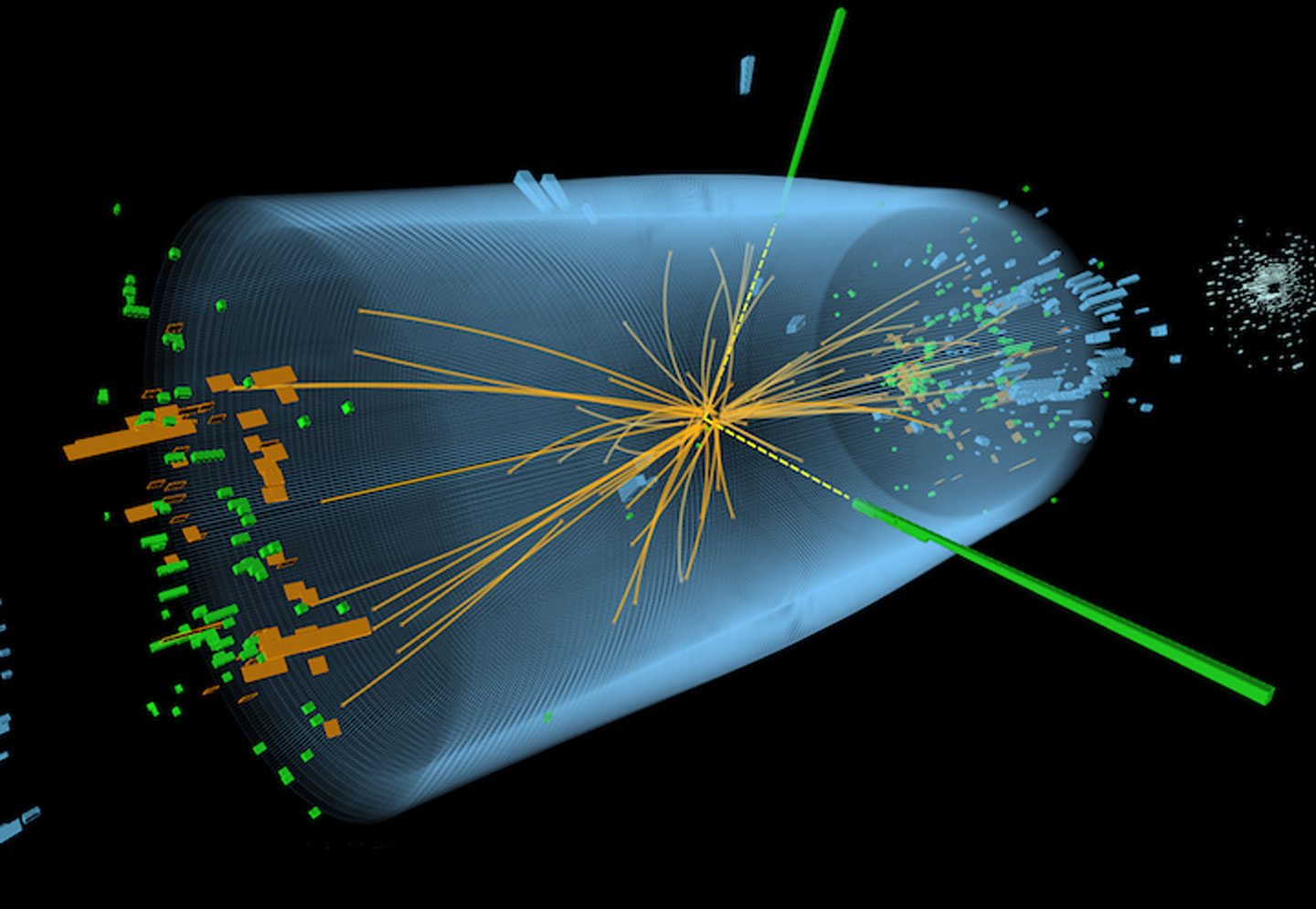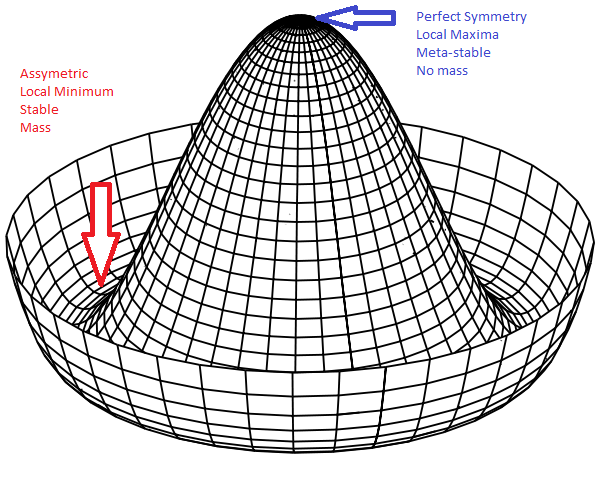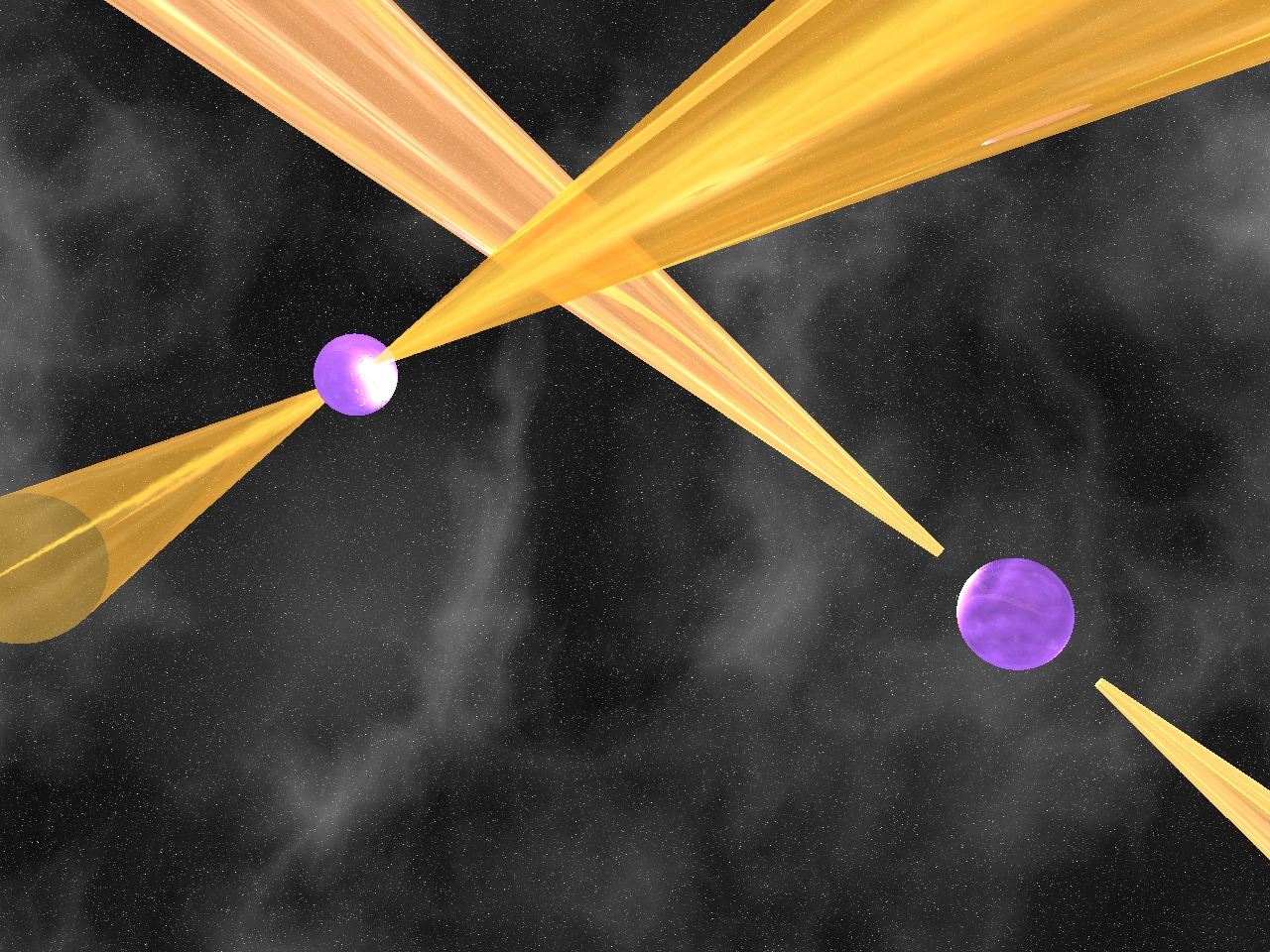(click "read more" to see entire page)
Daily Agenda
===============================================================================
Mon 3 Aug
8:30-9:30 - Jeremy Smith - Intro to Particle Physics, brief summary of week (slides)

-----------------
9:45-10:45 - Andrei Gritsan (JHU) - A Virtual Trip to ICHEP-2020: the Science Festival and the Higgs Boson (slides)


------------------
11:00-12:00 - Maura McLaughlin (WVU) - Gravity Waves and Pulsar Detection (slides too big, so here's PDF)


12:45- 2:15 Reid Mumford (slides)
If you missed the QR codes for the Physics Toolkit and Phyphox, you can link to them here.
2:15 - 3:30 Kevin Martz Using Logger Pro
3:30-4:30 - Whistling Vivaldi by Claude Steele (video link, approx. 1 hr) plus follow-up questions (approx. 5 min)
Here are two of the deleted clips, couldn't find the Charles Blow one.
Eminem: https://www.youtube.com/watch?v=DHMF-bVxlkc&list=PLZbXA4lyCtqp5vSyvTmynbCAfTWZjgoM6&index=2&t=0s)
Jane elliot: https://youtu.be/oGvoXeXCoUY?t=579
=================================================================================
Tue 4 Aug
8:30-9:30 - Morris Swartz - Silicon Detectors (slides)
![]()
---------------------
9:45-10:45 - Petar Maksimovic - How We Discover New Things


---------------------
11:00-12:00 - Marc Kamionkowski (JHU) - The Hubble Tension (slides)



---------------------
1:00-2:00 - Allen Foster (CWRU) - Cosmology and Life at the South Pole
Allen is maintaining a blog of his experience - check out frostyfoster
...and here is a beautiful timelapse Allen made using a camera outside his building!


2:15-3:15 - Sharing of best practices and favorite tools/tech
3:30-4:30 (asynchronous) - racial autobiography - click on link to download PDF, then write/type answers on your own, be prepared to share some answers as long as you're comfortable doing so.
=====================================================================================
Wed 5 Aug
9:00-10:00 - Bill Blair - How Technology Drives Advances in Astronomy (slides)


--------------------------------
9:45-10:45 - Sudhir Malik - Machine Learning in Particle Physics (slides)


-------------------------
11:00-12:00 - Surjeet Rajendran - Dark Matter (slides)

--------------------------------------
--------------------------------------
PM Session
1:00-2:00 - Debriefing of the Steele video and the racial autobiography
Instructions: inside your breakout group of 4-6 people, complete the following:
- Claude Steele study/results (See results of comments here)
- 60 seconds - each person shares their thoughts, no crosstalk
- 8-10 minutes - group elaborates, crosstalk ok, develop major themes
- 3-5 minutes - make a list of major findings/action items: what are the most important takeaways, and how will this affect my class culture and interactions with students?
- Racial Autobiography (try this link instead
- 60 seconds - each person shares their own reactions and major discoveries, no crosstalk
- 8-10 minutes - elaborate, discuss major themes
- 3-5 minutes - major takeaways and action items
2:15-3:15 - Deep Dive into PhET lessons
Instructions: in your partner breakout group, complete the following:
- 5-10 minutes - re-familiarize with the simulation, understand the major investigations possible
- As a group, decide on one particular lesson to download and execute.
- 15-20 minutes - read the lesson instructions, do a test-run of the instructions (can be alone or as partners screensharing), gather some data and perform analyses, etc.
- 5 minutes - discuss reaction, "gut feeling" of lesson usefulness
- 5-10 minutes - as a group, fill out the Google Form asking you to evaluate the lesson's merits and potential
- (if time permits) repeat with a second lesson
3:30-4:30 (asynchronous)
Using the same simulation that you used in the earlier partner activity, pick a NEW lesson within the same sim that you haven't evaluated yet, and perform a similar evaluation to the one you did with a partner. Suggestion: you may like to decide with your partner to both pick the same new lesson, so that you can share two different perspectives on the same lesson.
See all teacher lesson evaluations here.
========================================================================================
Thu 6 Aug
8:30-9:30 - Joan Hoffman - New Computing Paradigms in Machine Learning (slides pending)
9:45-10:45 - Katie Harrington - How to Build a Microwave Telescope (slides)
11:00 - ??? -Nima Arkani-Hamed: "Vacuum Energy: From the Cosmological Constant and the Casimir Effect, to why Geckos stick and 1+2+3+4...=-1/12" (recording)
followup recording: Q&A
followup #2: why does -1/12 keep showing up?
----------------------
PM Session
2:00 - Matt Adelberg, Poly HS - Thoughts on Inclusive and Welcoming Classrooms
Before you end the day, participants must put their initials on the time sheet and fill out this survey from Quarknet's evaluators.